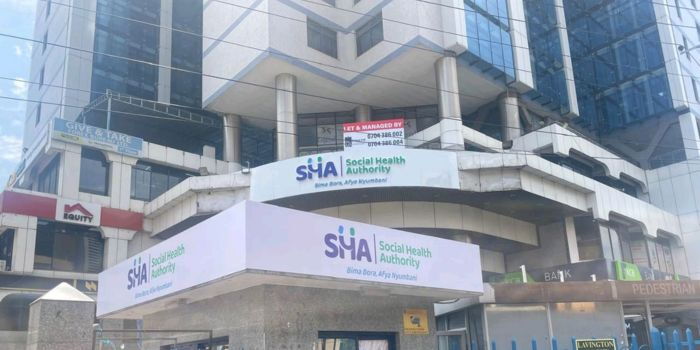The Council of Governors (CoG) has accused the Ministry of Health (MoH) of unilateral decision-making and interference in devolved health functions, warning that the Social Health Authority (SHA) is pushing county hospitals into financial paralysis.
Speaking during a symposium on the Affordable Housing Programme and SHA in Naivasha, CoG Chair and Wajir Governor Ahmed Abdullahi criticised Health Cabinet Secretary Aden Duale for allegedly micromanaging county health services. He claimed that MoH has increasingly taken over roles that constitutionally belong to county governments.
Governor Abdullahi cited what he described as indiscriminate closure, downgrading, and reclassification of hospitals without prior consultation. According to him, decisions such as upgrading facilities from Level 5 to Level 6 may appear progressive but have major implications on county revenues and planning.
He argued that when premier county hospitals are elevated and technically handed over to national management, counties lose significant own-source revenue derived from user fees and service charges. This, he said, undermines counties’ ability to expand and sustain healthcare infrastructure.
A major concern raised by the governors is the delayed payment of SHA claims, which they say has crippled service delivery across the country. CoG estimates that the debt owed to public hospitals has now reached Ksh32 billion, leaving facilities unable to replenish medical supplies or pay pending bills.
Abdullahi warned that county health workers are increasingly demoralised as legitimate claims continue to be rejected “under very flimsy reasons.”
Mombasa Governor Abdulswamad Sheriff Nassir echoed the concerns, stating that SHA lacks a transparent appeal mechanism. “If something is rejected right now, there is no follow-up mechanism. That means there is no appeal. So we depend on one person or a group of people to make a decision,” he said.
Responding from a separate event in Nairobi, CS Duale said the ministry is reviewing and upgrading benefits under SHA. He added that public feedback, especially from patients and county leaders, will guide efforts to make healthcare delivery more sustainable.
The standoff highlights the growing tension between the national and county governments over control, financing, and management of Kenya’s healthcare system.

